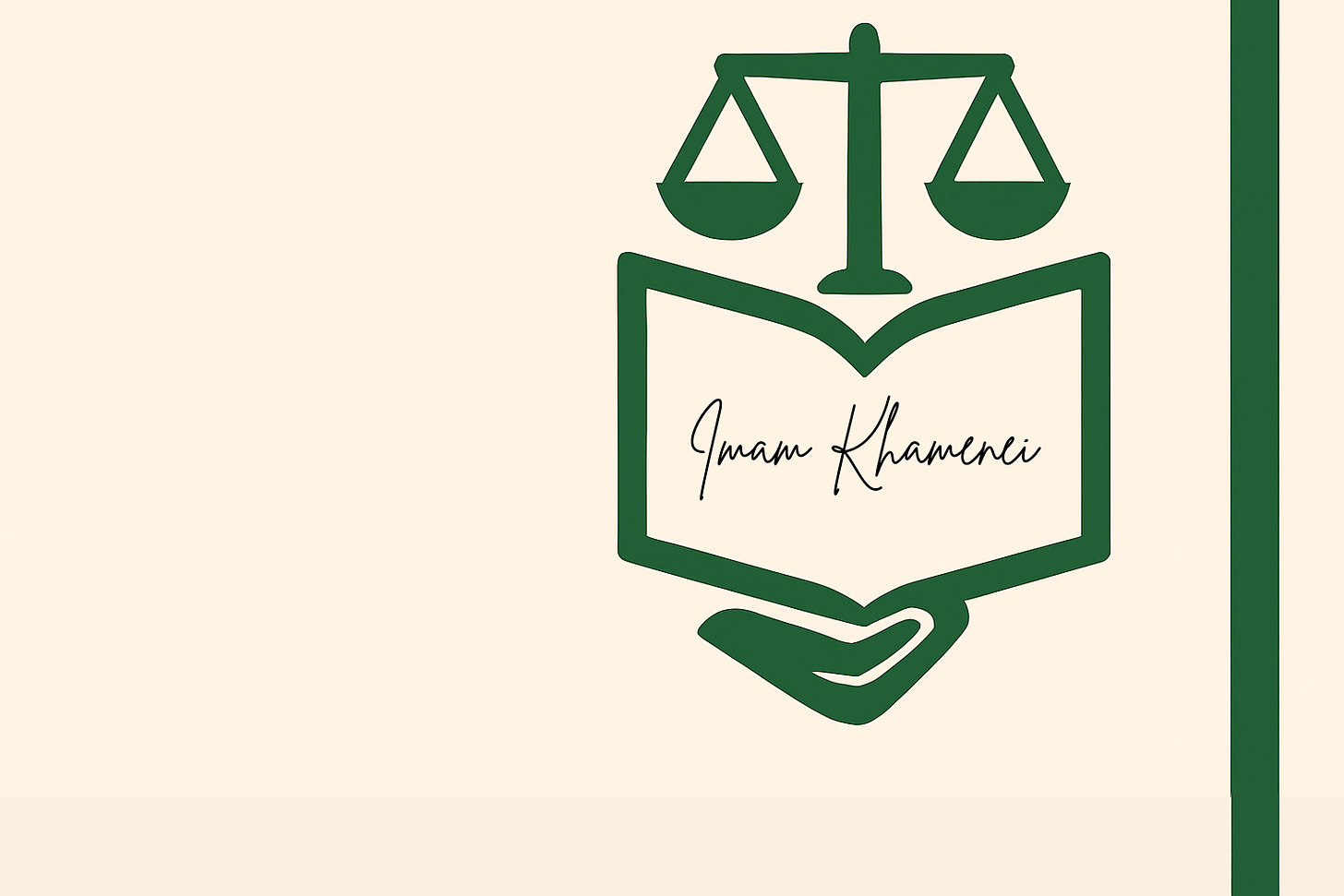Ṣulḥ: Ruling on Fraudulent Ṣulḥ Deed Intended to Evade Debts
Practical Laws of Islam as per the teachings of Imam Khamenei
Ṣulḥ: Ruling on Fraudulent Ṣulḥ Deed Intended to Evade Debts
English:
Question #1779:
In a ṣulḥ deed, a person relinquished all his possessions, including his rights, and financial dues with the establishment of medical services. For its part, the said establishment argued that he had no right to transfer his entitlements with it. Thus, they declined to comply with the request. The person in question admitted that he was not frank, claiming that the whole thing was a ploy to extricate himself from paying the debts due from him to others. What is the ruling in this matter?
Answer #1779:
To bring about a ṣulḥ deed involving the property of other people or which others have a right in is dependent on the permission of the owners of the property or the one who has the right to it. Should the ṣulḥ deed concerning the absolute property of the person have been designed to avoid the payment of debts due to others, ruling that it is valid and enforceable is problematic, especially in the light of the fact that there is no hope that he could get further funds to settle his debts.
-Imam Khamenei, Practical Laws of Islam, Importance and Conditions of Ṣulḥ


